Marriage, if one will face the truth, is an evil, but a necessary evil
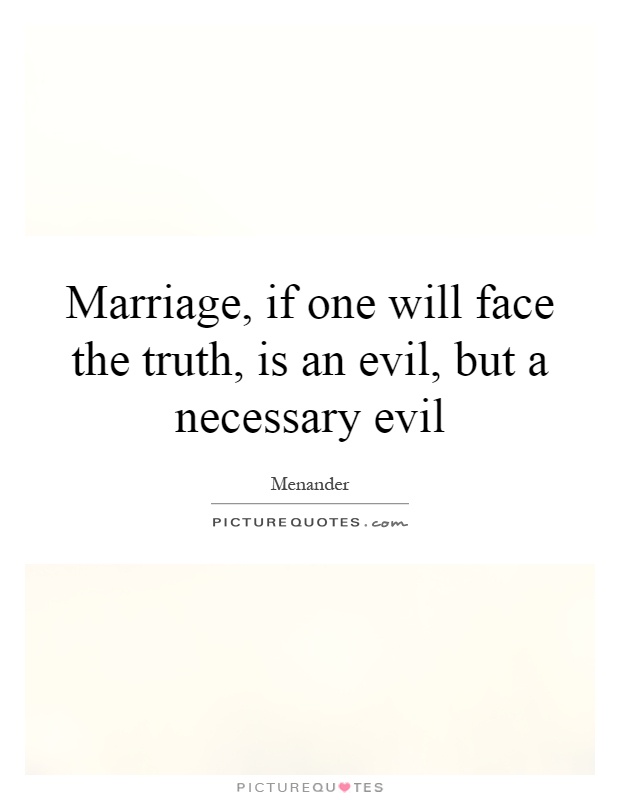
Marriage, if one will face the truth, is an evil, but a necessary evil
In the context of Menander, a Greek playwright known for his comedies that often explored themes of love, relationships, and marriage, the statement "Marriage, if one will face the truth, is an evil, but a necessary evil" holds particular relevance. Menander's plays often depicted the complexities and challenges of romantic relationships, highlighting the pitfalls and struggles that can arise within the institution of marriage.In many of Menander's comedies, marriage is portrayed as a source of conflict and tension, with characters grappling with issues such as infidelity, jealousy, and misunderstandings. The playwright's works often underscore the challenges of maintaining a successful and harmonious marriage, highlighting the inherent difficulties that can arise when two individuals come together in a lifelong partnership.
At the same time, Menander also recognized the societal expectations and pressures that surround marriage, portraying it as a necessary institution for the stability and continuity of society. In ancient Greece, marriage was not only a personal union between two individuals but also a social contract that served to maintain order and uphold traditional values.


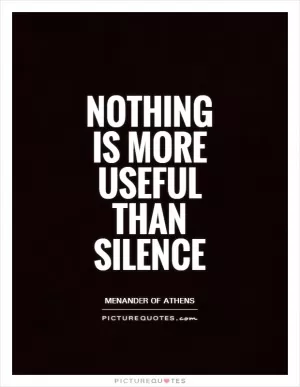
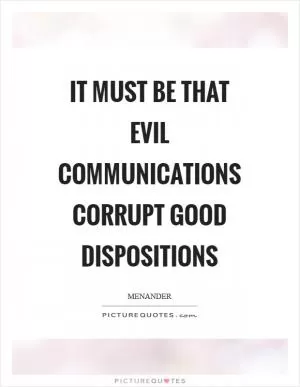

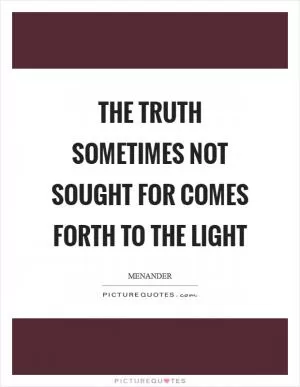
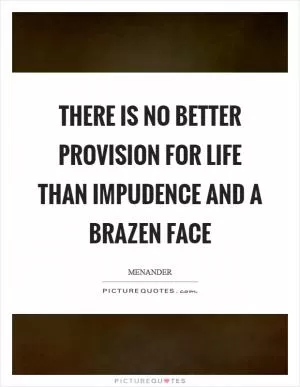





 Friendship Quotes
Friendship Quotes Love Quotes
Love Quotes Life Quotes
Life Quotes Funny Quotes
Funny Quotes Motivational Quotes
Motivational Quotes Inspirational Quotes
Inspirational Quotes